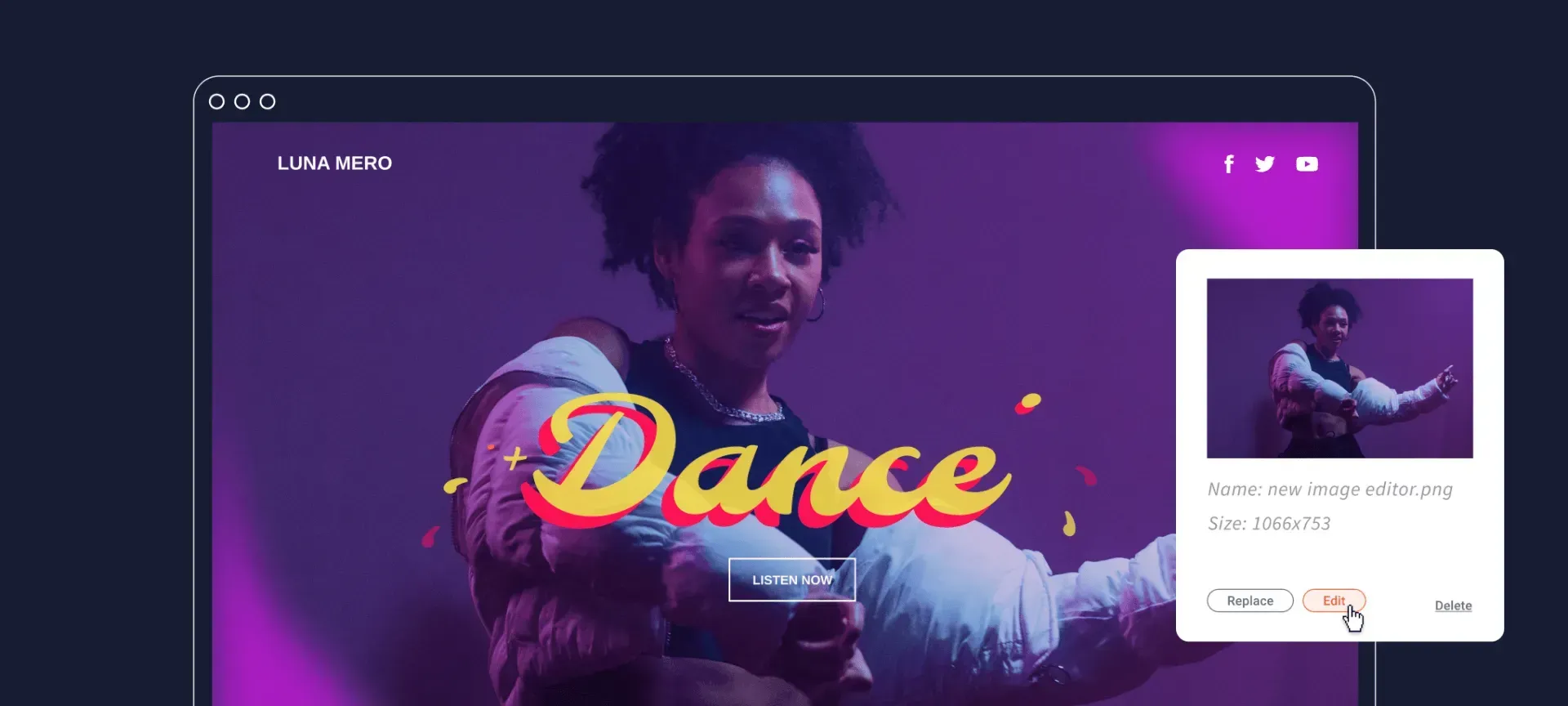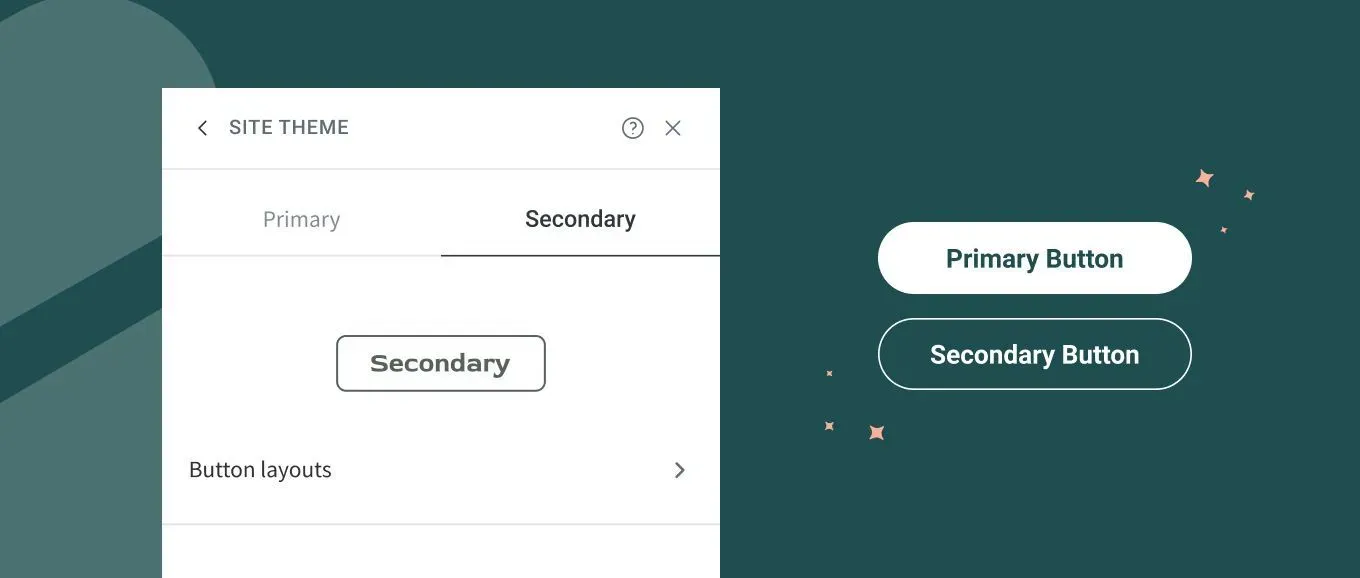SEO can be daunting and a topic often tackled. But there's no need to fret, as we’re here to provide you with all the answers to the SEO questions we've been asked over the years. You’ve probably heard that knowledge is power, right? And this couldn’t be more true for SEO. The more you know, the better you’ll be able to optimise your website, which will ensure you achieve a better position on search results, more clicks to your site, and ultimately – more business and sales. Winner winner, chicken dinner. Let’s dive right into our 17 SEO frequently asked questions and answer them the best we can:
What is SEO?
Search Engine Optimisation (SEO) is the process of optimising websites so that they rank well on search engines through organic searches. In other words, your website needs to satisfy certain cues Google and other search engines looks for. To use Google as an example as that is the most popular search engine known, Google is looking to provide a positive user experience for its searchers, and wants to present the best possible information available. So to sum up, SEO is essentially the process of making sure search engines recognise your content as the best information on the internet for a particular search query.
Why is SEO important?
Everyone uses search engines. Actually, as I'm writing this blog over ninety thousand searches were made on Google alone. From finding the nearest pizza place to the football score, search engines play a key part in our daily lives. Just today, I have been on Google and searched 10 things so far. And in most cases, it’s how your potential customers are looking for you, or a business like yours. This means that search engine optimisation is crucial to perform well online. But again, do not panic. We're here to help. Below you will find some killer advice for improving your SEO and ranking high on the searches your customers are doing.
How do search engines work?
Search engines use robots that investigate website pages across the internet in order to determine what content they contain. Once they’ve gathered enough information, they add these pages to their own index. Then the search engine’s algorithm matches a user’s search enquiry to the relevant information in their index, mean they provide the searchers with an accurate answer to their enquiry.
Do I need to know how to code to do SEO?
No! Absolutely not. You don’t even need to know how to code to create a website nowadays so don't worry about that. Yes, knowing the fundamentals of HTML can help in understanding web page structure, but you certainly don’t need to enroll in a college course in Computer Science if you want to rank higher on Google.
How to get found on Google?
Firstly, you’ve got to make sure your website is crawled and indexed if you want to climb the search engine echelons. Here are the steps you need to take:
- Verify your website with Google Search Console - Google Search Console is a free service provided by Google for website owners. Verifying your website with this tool is considered an SEO best practice and will make it possible for Google to understand you are the site owner. Google Search Consoles also provides you with valuable information about your website, such as: amount of impressions on search results, amount of clicks and your position for certain keywords.
- Submit your sitemap - A sitemap is simply a plan of your website. It shows how your different pages are connected to one another. But why do I need to submit this plan? It’s useful to send a sitemap to search engines so that they can crawl your website more easily and quickly, which will improve your overall SEO.
- Test it out - The easiest way to check if your website is indexed is to enter your website name/ business name in the search box of your chosen search engine and see what comes up. If your pages come up in the results, it means that your website is indexed. Don’t freak out if you don’t see results immediately as the indexing process can take some time.
What is local SEO?
Local SEO refers to specific actions taken in order to appear in search results when someone is looking for a business in your area, for example “café in London.” Boosting your local SEO is a great way of attracting customers from your area as, ironically, most of them are looking for you online - to find out more about your business, the products and services you offer, times you're open etc. Register your business on Google My Business as this will allow your business to show up on Google Maps, and you’ll have a better chance of showing up in your local area.
How do I improve my SEO?
Great SEO starts with planning. You should know that every aspect of your website, from content to the design, can have an impact on the position you achieve in the search results. Google’s algorithm helps decide the fate of a website’s ranking, but the most important elements that are taken into account are the following:
- Content - Is your content well written and of high quality? Did you choose the right keywords? Is your content mobile friendly? All of these elements impact the way bots rank web pages. This is why the right content is crucial if you want to improve your ranking. If you keep on reading, you’ll find out how.
- Links - In SEO, links to your website are extremely highly regarded by search engines. Getting these will ensure your website is boosted in search results.
- Technical SEO - Crawlability, on page SEO and other technical aspects are factored in here. This includes, but is not limited to the optimisation of meta titles and descriptions, how well your page is structured with the help of headlines, if your website is secure and more.
For more information about how you can improve your ranking on Google, feel free to check out our blog on the subject matter. Click HERE to learn more.
What are SEO keywords?
Keywords are usually two to five word phrases that your paying clients and potential customers would type into a search engine when looking for you, or a business like yours. Choosing the right terms in your content is crucial since it will help Google’s bots to understand your website better and identify you as a trusted and relevant result for a specific search.
How do I find the right keywords for my website?
To find the relevant keywords for your website, we recommend you list all the possible words that potential customers would use to find you and your business online. Don’t think about how you would describe your business, but rather what people online would be searching for. For example, while you might describe yourself as a “garden designer”, your potential clients are more likely to be looking for a “landscaper”.
We also suggest using the Google Keyword Planner. This is a great tool for two reasons: 1. It’s free and 2. It’s owned by Google.
Do images have an impact on SEO?
The short answer is yes, they certainly do. Having your images fully optimised will make it possible for them to be found in Google Images, which ultimately means more traffic to your website. How do you achieve this? First of all, you want to make sure that you add alt text to your images. Google and other search engines can’t “see” images like we do, this is why you should add text to help them understand what’s on your images. Remember, it’s important that you add unique and descriptive alt text to each one of your photos to help improve your SEO. Then, you want to make sure that the images on your website load quickly, and still retain their high quality - on ALL devices.
How do I optimise text for SEO?
Once you’ve got your keywords, the main places where you want to put these are: your title, your URL, your page content, image descriptions (if possible) and your blog posts.
To evaluate the quality of the text on a web page, search engines look at specific criteria. To rank well in the results, your content has to be:
- Valuable – informative and useful to the audience
- Unique – you can’t find this information anywhere else
- Fresh – up to date and keeping to the current trends
NOTE: a blog is an excellent way to feed your website with content that is useful, unique and updated. We highly recommend you start a blog. To learn how to write blogs that will help with your SEO, click HERE.
What are SEO backlinks and are they important?
Backlinks are links from external websites to the webpages of your website. They are an important part of your SEO strategy. Why? Because the more links you are able to get, the more your website is considered trustworthy and authoritative in Google’s eyes. Getting them isn’t a simple task, but you can start by connecting with bloggers, websites and online magazines in your industry and try to get mentioned by them.
Does my domain name affect my SEO?
Yes, absolutely. Your domain name is one of the first places a search engine bot will go to understand the topic of your website. That’s why it’s a good idea to do some research beforehand to understand which keywords are most relevant for your business and the industry you're in before picking your domain name.
Can my social media affect my SEO?
This has been debated for quite some time, but we like to think about it this way: the more people engage with your content, the more they’ll want to share it online. This alone will increase the amount of traffic to your website, which is amazing for your SEO. So although it is not a proven ranking signal, social media performance may have an indirect impact on your ranking. So up you social media game and get people sharing your content. More shares = more website visits.
What are heading tags and why do I need them?
Heading tags (from H1 to H6) are the “SEO terms” for titles and headlines, and are great for giving your web pages structure. Think of it as a newspaper: the main headline is the most important as it first draws the readers' attention, and the other titles will be of less importance so often smaller. Which means that your H1 tag is used for your prominent title, H2 tag for the one of a lower level, etc. But why do you need to add heading tags to your website? Adding heading tags makes your content easily digestible by site visitors as well as by Google’s bots, which means better SEO for your website. To learn more about heading tags, click HERE.
How long does it take to appear in search results?
Usually it takes some time for a search engine to show your website’s pages, especially if the site is brand new. We cannot give any specific date, since this depends on many factors (the competitiveness of your industry and the keywords you've used, the quality of the content on your website, and the overall optimisation of your site.And remember, better ranking doesn’t occur overnight. You have to give Google’s bots time to consider the changes you’ve made. On top of this, SEO is an ongoing process, which means that you can (and should) regularly update your website with quality content that’s original and fresh, in order to rank higher. If you need some more guidance, check out these handy SEO tips and tricks to help improve your ranking.
How can I measure the organic traffic to my website?
A great way of measuring organic traffic is by using Google Analytics and Google Search Console. These give you insights on how well your website is performing online.
- In Google Analytics, head over to the ‘Acquisitions’ section and click on ‘Overview’. There you’ll be able to see the amount of organic traffic that’s reaching your website. You can play around with the data here, and check the changes in organic traffic by looking at the specific time periods that are of interest to yourself.
- In Google Search Console, head over to ‘Search Traffic’ and click ‘Search Analytics’ to find the top queries and top pages that are getting you clicks from Google.



